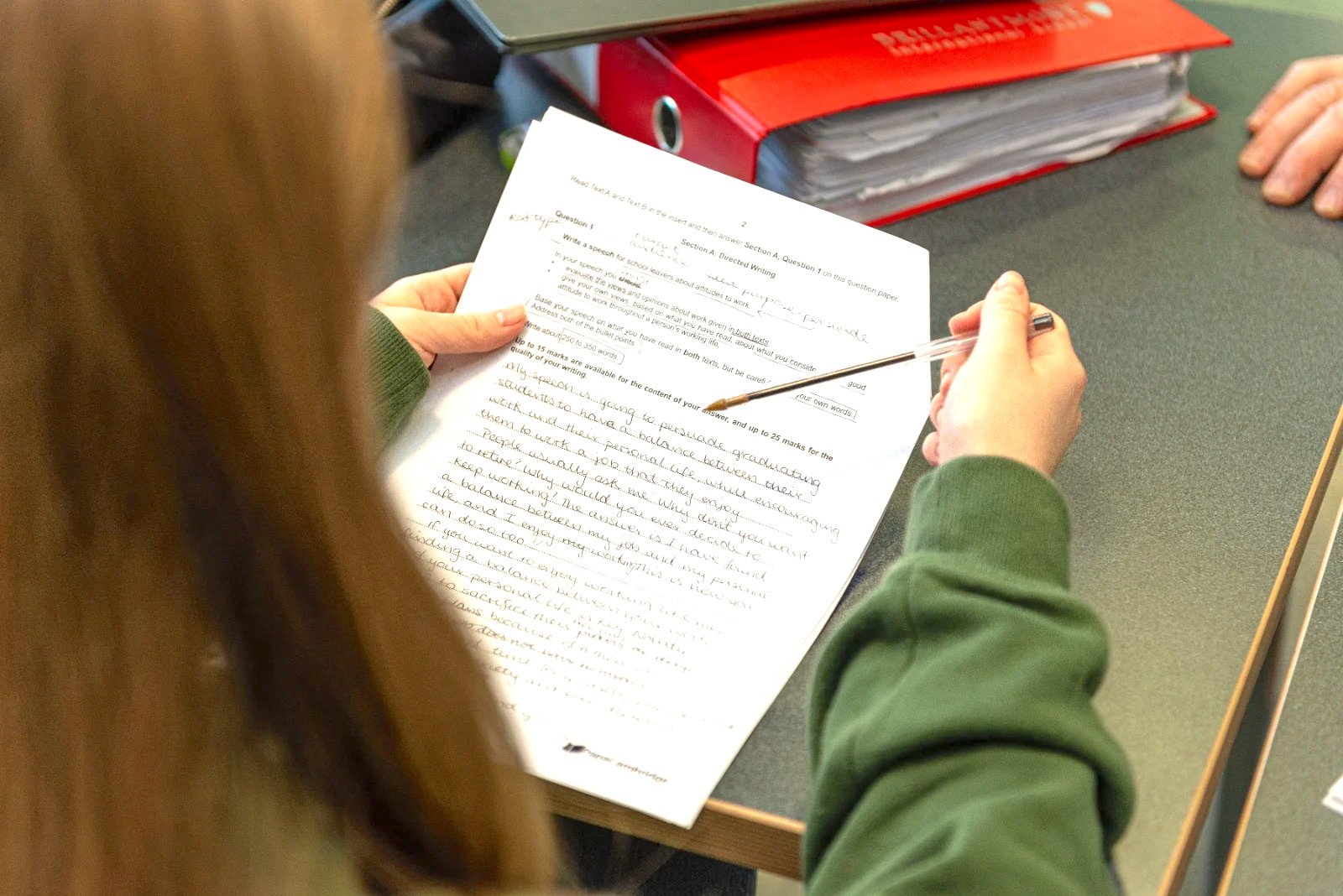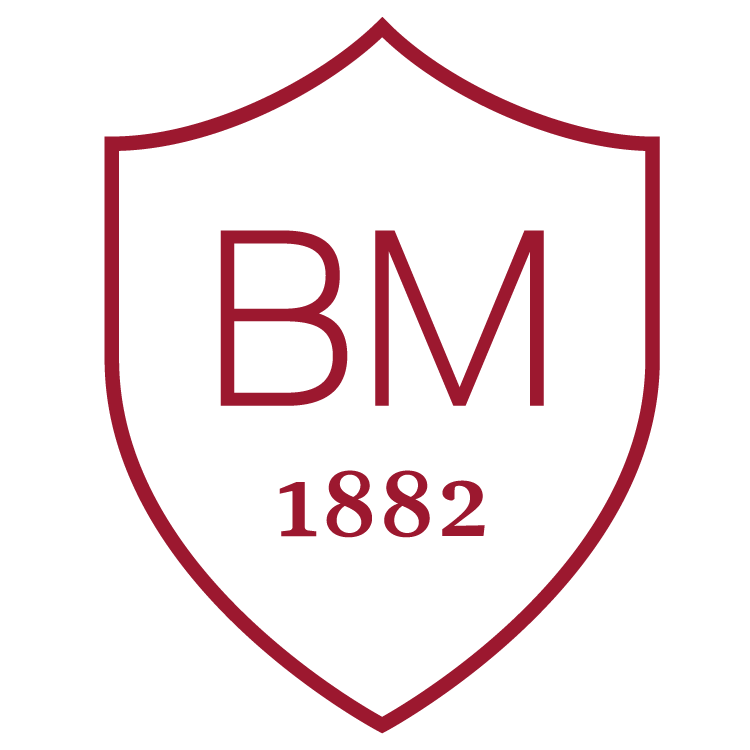Brillantmont is happy to have contributed to a recent article in International School Parent magazine, which talks about A Levels, offered at our school. You may read an edited version of the article here and find the link to International School Parent here.
Thank you to International School Parent for the opportunity to talk about a qualification that is at the heart of Brillantmont learning!
Your Guide to A-Levels
A-Levels are an internationally recognised university entrance qualification and yet there are many misconceptions about their academic rigour, the ‘freedom’ they afford students, and their outcomes.
A-levels (Advanced Level qualifications) are a crucial part of the education system in the United Kingdom and are typically taken by students aged 16 to 18 during their last two years of Secondary school. A-Levels are the most frequently sat university entrance qualification with over 10,000 schools in 160 countries teaching A-Level courses. This number includes British schools outside the UK that are increasingly offering either the UK A-Level or the international variant of this certification.
Although A-Levels are recognised and accepted by tertiary institutions across the globe, there is still confusion amongst parents around what the programme entails and why it might be the best fit for their child.
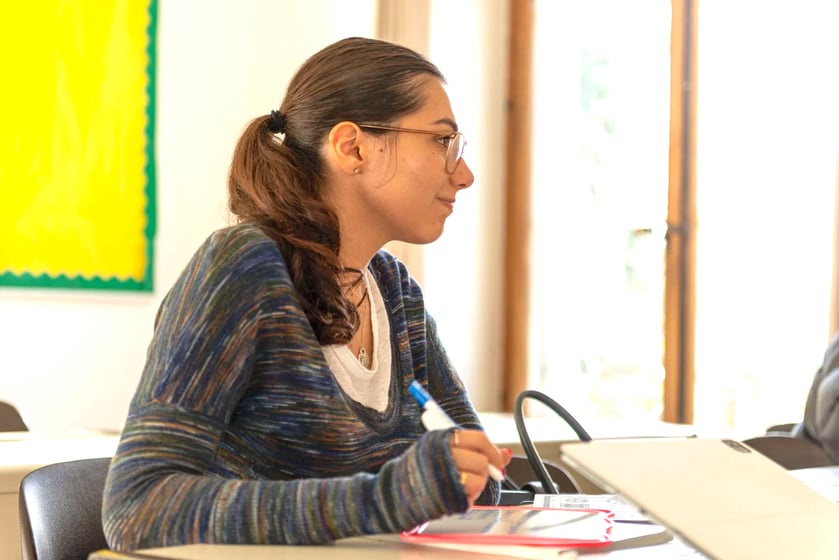
What are A-levels?
A-Levels are academic qualifications often taken after completing General Certificates of Secondary Education (GCSE), either the UK or international version, though students can access an A-Level programme from other curricula, including the MYP, provided they have achieved sufficiently strong grades in their chosen subjects.
A-Levels may have either a linear or a modular structure, with AS-levels (Advanced Subsidiary) usually taken at the end of the first year. AS-Levels on their own are also formally recognised academic qualifications accepted by universities in Switzerland, Europe, the US and UK.
Schools outside of the UK can offer the UK or the international version of A-Levels. The International A-Levels are in essence the same as the domestic (UK) version, however, provide broader examples more suited to the international context. For instance, where the domestic A-Level may pose a UK-based question, the international version may ask in broader international terms or provide global context. Some Swiss Universities such as EPFL will only accept the UK A Level so it is important to understand which version schools offer. Geneva English School (GES), for example, only offers UK A-Levels but other contributing schools offer the International version.
Typically, students select 3 to 4 A-Level subjects, which may include mathematics, sciences, humanities, and arts. Each A-Level takes approximately 300 hours of study to complete and allows students to develop expertise in areas they are passionate about.
A-Levels also include a number of self-study hours. In these times students are expected to study their chosen topics independently and use research, critical thinking, and analytical skills to deep dive into their subjects.
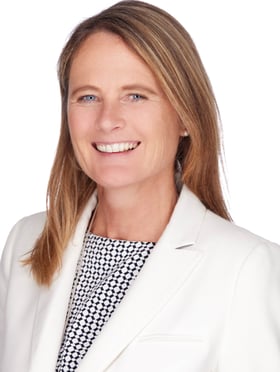 “We have been offering A-Levels for over 80 years, which demonstrates our belief in them and their ability to open university doors worldwide. We find that students studying A-Levels are extremely motivated, since they choose the subjects in which they are interested, rather than having an imposed curriculum. This gives them ownership for their learning journey. Although challenging, students studying A-Levels still have time to play sports, essential for well-being. Plus, they participate in service-learning projects by choice rather than obligation. As a result, we see a positive circle of virtue and success.”
“We have been offering A-Levels for over 80 years, which demonstrates our belief in them and their ability to open university doors worldwide. We find that students studying A-Levels are extremely motivated, since they choose the subjects in which they are interested, rather than having an imposed curriculum. This gives them ownership for their learning journey. Although challenging, students studying A-Levels still have time to play sports, essential for well-being. Plus, they participate in service-learning projects by choice rather than obligation. As a result, we see a positive circle of virtue and success.”
Sarah Frei, Head of Admissions & External Relations, Brillantmont International School
How are the A-Levels assessed?
A-Levels are primarily assessed via a set of standardised exams, with some courses also featuring non-examined assessment (NEA) coursework. Some schools also offer the additional International Project Qualification (IPQ) or the Extended Project Qualification (EPQ). These are delivered and graded in much the same way as a university dissertation, only on a smaller scale. The grade for this qualification is based entirely on the research, written work, and presentation of the findings.
How are A-Levels different from the IB Diploma?
Deciding between A-Levels and the IB Diploma can be tricky. Both pathways lead to university admission and offer valuable skills and knowledge. Broadly speaking, A-levels offer ‘deep-dive’ learning into specific subjects of interest and develop independent learners. On the other hand, the IB Diploma provides a broader and more holistic educational experience.
Parental Worries Around A-Levels
“The A-Levels are too focused. My child is too young to know what they want to study at university!“
Although the A-Levels are extremely focused, the core skills learnt during the course of study are easily applicable and transferable to a broad range of university subjects. This means that – with the exception of degrees such as medicine and veterinary science (which require specific subject combinations) – students can apply and be accepted into any degree of their choosing.
“A-Levels are not academically rigorous enough“
This is possibly the greatest misconception of all. Because students focus on subjects they are passionate about, they are motivated to think critically and deepen their understanding of the topic. A-Levels are in many ways similar to the first semester, if not year, of Bachelor study. In fact, oftentimes, students with A-Levels are able to skip first year courses or receive credits towards their degrees.
The A-Levels, whether the UK or international version, enable students to apply to the world’s best universities including Harvard, Yale, and other top universities across the globe.
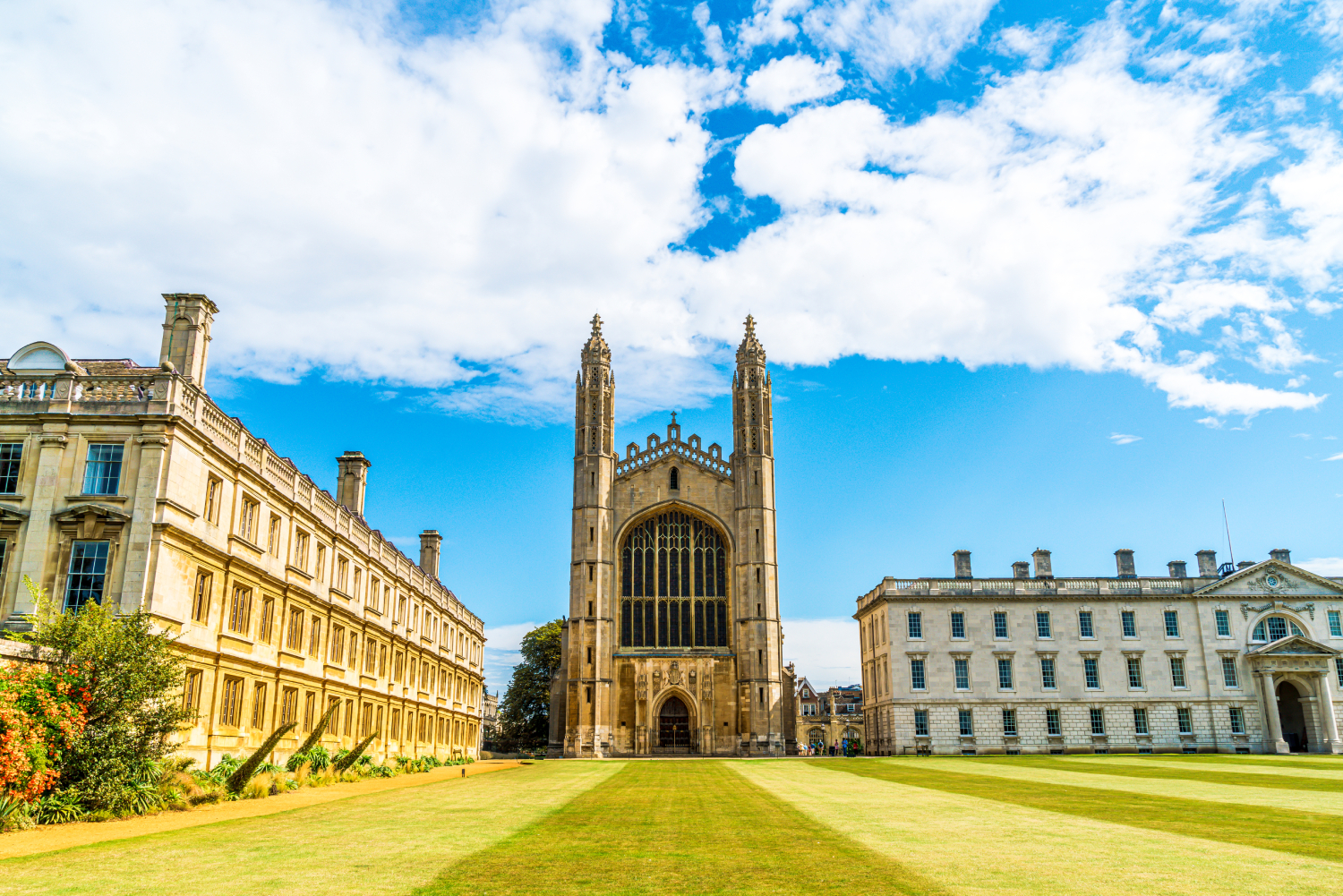
“A-Levels are only good for the UK“
While A-levels are known as a UK qualification, they are recognised and accepted internationally, from the United States and Canada, the Middle East, Europe, much of Asia, Oceania, South America and beyond. This makes A-Levels a valuable credential for students pursuing higher education abroad.
“My child will have too much free time“
Although your child will likely only study three or four subjects, the expectation for in depth research and understanding means that study must be taken seriously. Even in self-study periods students quickly learn that they need to use this time effectively.
Another benefit of the structure of the A-Levels is that students have more flexibility. This means that they are able to participate in sports, music and other clubs, whereas a more structured programme might see students dropping these activities if they do not fit in with their schedules.
Many schools also offer the International Duke of Edinburgh Award which includes voluntary service, physical recreation, skill development and adventurous journey.
For students studying A-Levels “Free time”, is rather a time to study or participate in activities which form part of a well-rounded education.
“If my child doesn’t pass, they are stuck having to repeat everything!”
The good news is, all participating international schools tell us that apart from a truly rare exception, all of their students pass the A-Levels. In the exceptional case a student does not pass, it is possible to sit the exam again without repeating the entire course of study. Luckily, with particularly high pass rates for students at international schools, this is an unlikely outcome for your child.
Your child’s educational and career goals are almost as individual as they are. Learning about the options that are available to them allows you to help them navigate the breadth of choices they face in selecting the right study path.
There are many reasons why A-Levels may be the best fit for your child. They allow students to specialise in specific subjects of interest, helping them to develop in-depth knowledge and skills in those areas. A-Levels are academically challenging, foster critical thinking, problem-solving, and the analytical skills needed for further study and life beyond.
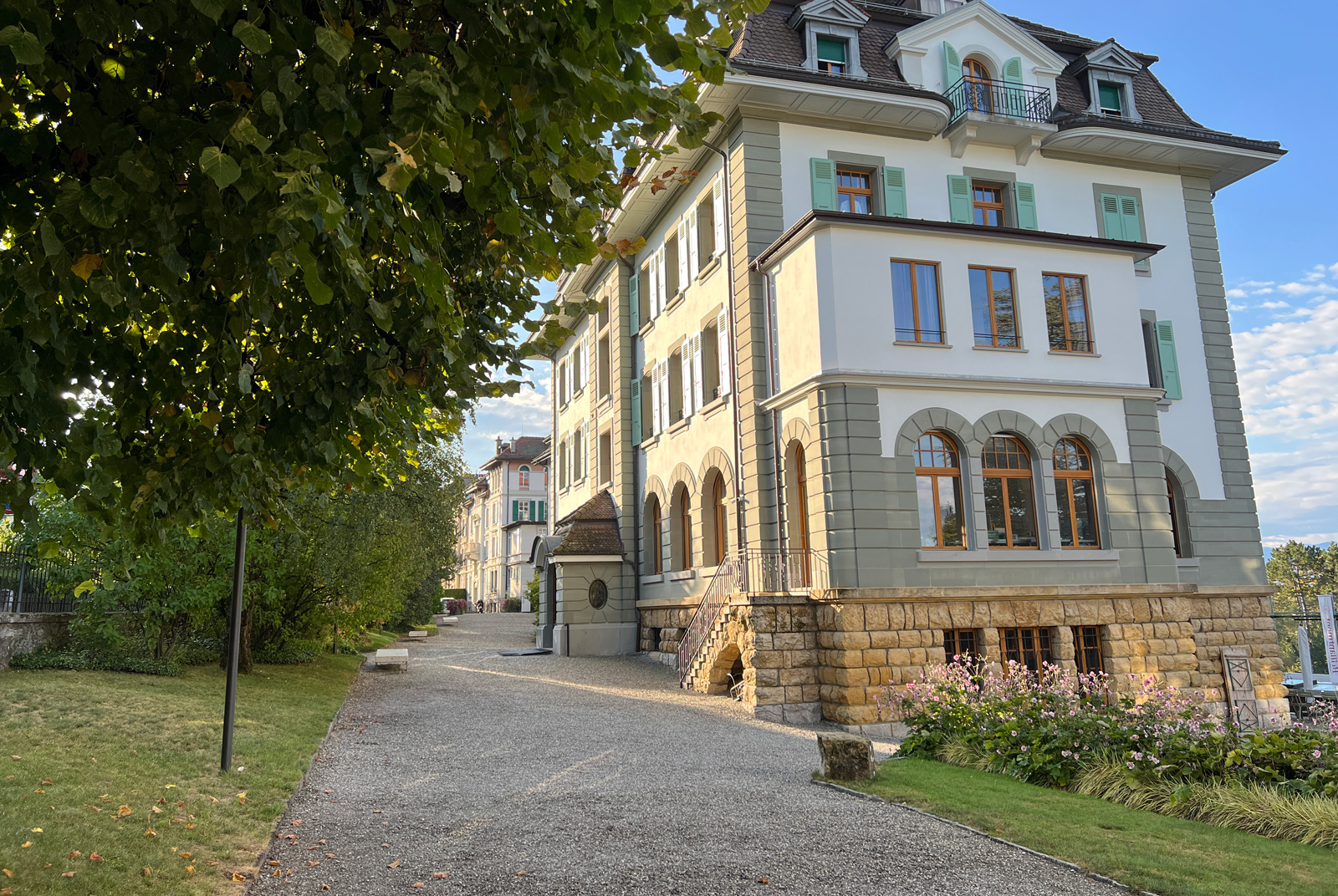
A-LEVELS
- Students choose 3 – 4 specific subjects to study in-depth.
- Offers subject-specific flexibility – meaning there are no truly compulsory subjects.
- This allows students to focus on their academic strengths and interests.
- Two-year programme taken after completing (I)GCSEs, if already in a British curriculum school, but accessible to all students, including those who completed the MYP, with sufficiently high grades
- Primarily assessed through final exams, which are externally graded.
- Recognised globally for university admissions – just check if the school offers International A-Levels or the UK A-Level.
IB DIPLOMA
- Students study six subjects.
- Core Components: Includes the Theory of Knowledge (TOK), Creativity, Activity, Service (CAS), and the Extended Essay (EE).
- Emphasises interdisciplinary learning and connections between subjects.
- Assessment includes coursework, oral exams, written exams, and internal assessments.
- Two-year programme taken after completing the MYP.
- Includes a mandatory service component (CAS).
- Recognised by universities worldwide for admissions.
Article written by the International School Parent Magazine
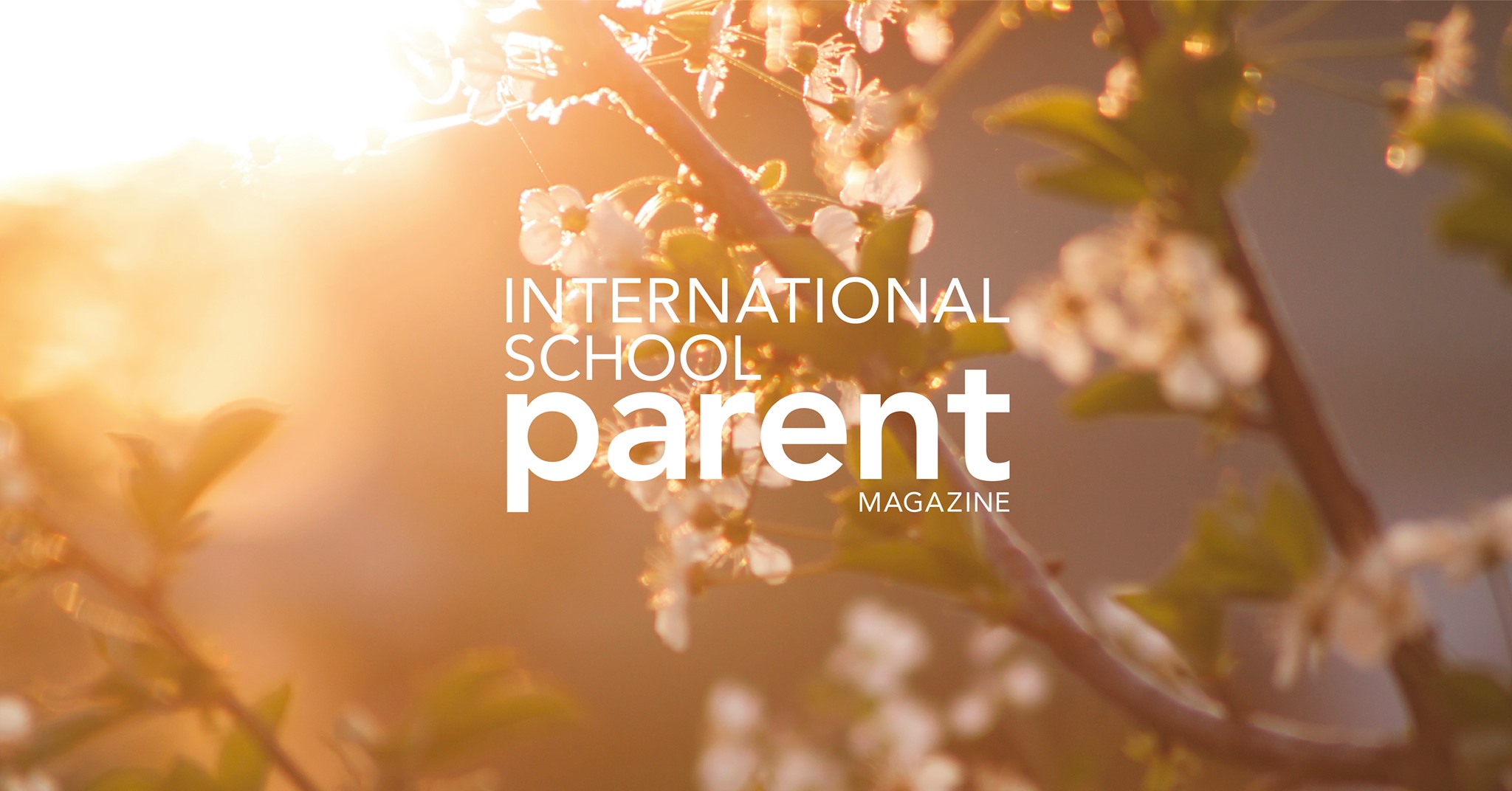
International School Parent Magazine is a print and online magazine devoted entirely to helping parents, students and teachers make the most of the excellent academic and extra-curricular opportunities that an education at an international school can offer.
Website: http://www.internationalschoolparent.com
Brillantmont International School in Lausanne, Switzerland
Founded in 1882, Brillantmont International School is the oldest family owned and run boarding school in Switzerland, which offers a warm welcoming environment. Brillantmont has the best of both worlds - close to the amenities of the beautiful city of Lausanne, but just minutes from mountains, lakes and nature.
The school welcomes boarding and day students, aged 13-18 (Grades 8-12) from many different nationalities. Small classes (av. 9) lead to internationally recognised examinations (British IGCSE, A Level; High School Diploma ).
Why not become part of our BM family?
Find out more by calling +41 21 310 0400 or by email admissions@brillantmont.ch.
We’d love to tell you more!


